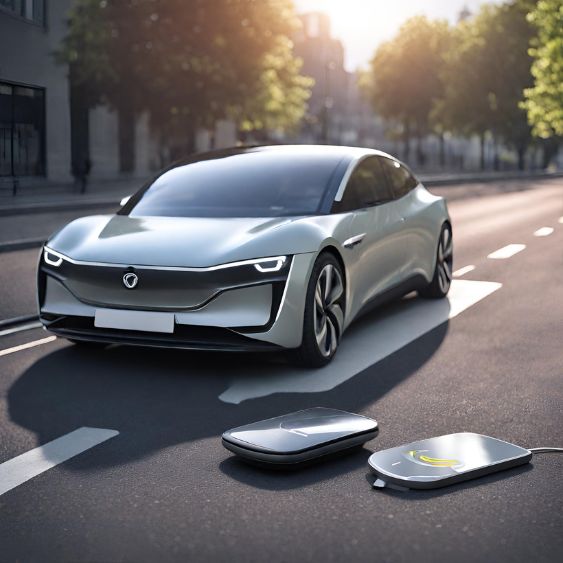
Coventry University is at the forefront of Dynacov, a pioneering study that investigates the prospect of using metal coils beneath road surfaces to recharge electric cars (EVs) while in motion. This novel technique, which employs dynamic wireless transfer technology, seeks to establish a seamless connection between participating automobiles and a charging infrastructure embedded in the road.
The Dynacov Feasibility Study
The Dynacov project, which stands for dynamic charging of vehicles, is a feasibility study supported by National Grid Electricity Distribution. Building on ElectReon’s dynamic wireless transfer technology, Coventry University and Coventry City Council, in conjunction with Cenex, are leading the initiative. The study’s goal is to determine the possibility of using this technology in buses and logistical vehicles.
Testing Grounds
The Dynacov project’s initial tests focus on a small piece of Kenilworth Road at its connection with the A45. This key location acts as a practical test bed for the technology’s efficacy and prospective advantages.
Government Support and Funding
The Dynacov project’s success may pave the path for government backing and funding for additional trials and, ultimately, the larger-scale application of this unique solution. The goal is to demonstrate the viability and benefits of dynamic charging technology for general use.
Collaborative Efforts
Kevin Vincent, head of Coventry University’s Centre for Connected and Autonomous Automotive Research, highlights the value of collaboration among institutions, local governments, and industry stakeholders. He focuses on the importance of a shared vision for sustainable urban development, as well as flexible, collaborative approaches to good change.
Innovations in Sustainable Urban Development
The Dynacov project is one of numerous solutions offered by the Key Cities Innovation Network (KCIN) through Civic Partners in Net Zero. This collection of studies demonstrates novel ways in which universities collaborate with local communities to attain net zero goals. The goal is to identify solutions that will benefit not only the local area but also have the potential to be replicated in other metropolitan contexts.
Key Cities Innovation Network (KCIN)
The Key Cities Innovation Network is a cross-party association that represents 27 Key Cities in England and Wales. This network, which includes Coventry, focuses on urban development and sustainability, and it is the largest gathering of urban authorities in the UK outside of London.
Local Action on Climate Change
Councillor Jim O’Boyle, Coventry City Council’s cabinet member for jobs, regeneration, and climate change, emphasises the need for innovation in combating climate change. He emphasises Coventry’s excellent track record of innovation, notably in the transport industry, and sees projects like Dynacov as critical to quickening the shift to electric vehicles.
The Dynacov project marks a significant advancement in the development of sustainable urban mobility systems. Coventry University, in conjunction with universities, local governments, and industry partners, is pioneering a new approach to road charging technology that has the potential to transform the way we power electric cars. As the initiative continues, it is projected to gain more support and finance, eventually leading to widespread adoption of dynamic charging infrastructure throughout cities.
